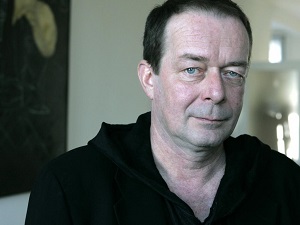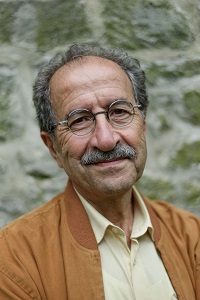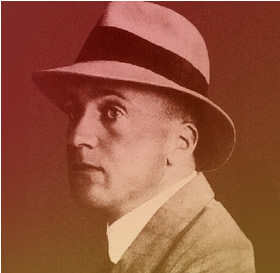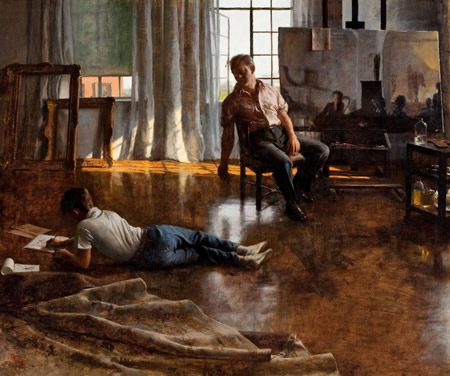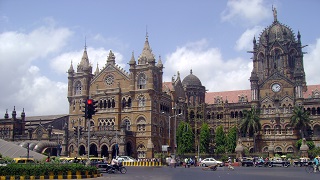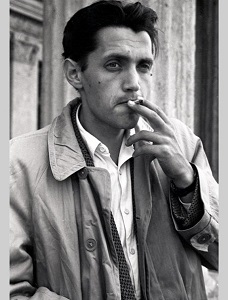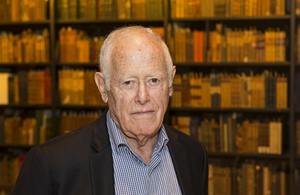De Nederlandse dichter Wilfred Smit werd geboren in Soerabaja (Java, Nederlands Indië) op 24 juni 1933. Wilfred Smit bracht zijn jeugd grotendeels door op Nederlands-Indië. In 1948 verhuisde hij met zijn ouders naar Nederland om daar de rest van zijn leven te blijven. Hij studeerde vanaf 1953 Slavische taal- en letterkunde in Leiden. Smit voelde zich in het bijzonder aangetrokken tot het werk van Simon Vestdijk; toen hij zelf begon te dichten was het dan ook deze gevierde auteur aan wie hij vanaf april 1953 advies vroeg. Vestdijk moedigde hem aan ander werk op te sturen. Ze zouden daarna blijven corresponderen met elkaar. In 1959 bracht Smit zijn eerste bundel gedichten uit, te weten “Een harp op wielen”. Nog vóór de publicatie ervan schreef Vestdijk voor het tijdschrift De Gids een lang artikel over de poëzie van de debutant, onder de titel ‘Meesterlijk maniërisme’. Toch bleef zijn lezerspubliek beperkt. Ook zijn tweede bundel, “Franje” uit 1963, werd weliswaar welwillend en door sommigen zelfs geestdriftig begroet, maar kreeg alweer niet het onthaal waarop Smit had gehoopt. Hij zou daarna nog slechts sporadisch, alleen in tijdschriften publiceren. Zonder een doctoraalexamen te hebben afgelegd, werd hij in 1969 door de UvA aangesteld als docent in de geschiedenis van de Russische letterkunde. In 1972 stierf Smit op negenendertigjarige leeftijd aan een hersentumor. Elf jaar na zijn overlijden verscheen een uitgave met verzameld werk.
Sweet bahnhof
Drijft men dan steeds verder
uit elkaar? het afscheid schuift
een opdringerige oom tussen ons in.
sluit de ogen af – ja dit is vlucht,
een handvol kaarten laten vallen
omdat men in onze vingers knipt.
wurg alle lichten – rasse schreden
maakt mijn vertrek, reusachtig,
als op stelten wadend door de mist.
adieu adieu sweet bahnhof –
een convooi melaatsen wacht
in alle stilte de nalaatste trein.’
Afscheid
Er staat een plant begonia vaarwellis
in het venster; hij zal niet omkijken
niet zien – ik plant een hagepreek
van lieve woorden om hem heen;
hij wil wel luisteren maar voor ’t laatst.
zo ga ik langzaam over in een oude vrouw,
een oudere zuster der vitrages,
met plotseling een zoon maar hij is weg,
en met een kat imaginair, niet te verjagen.
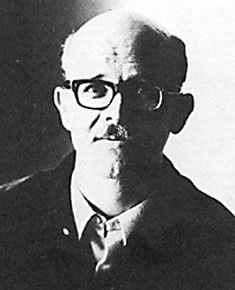
Wilfred Smit (24 juni 1933 -13 augustus 1972)

